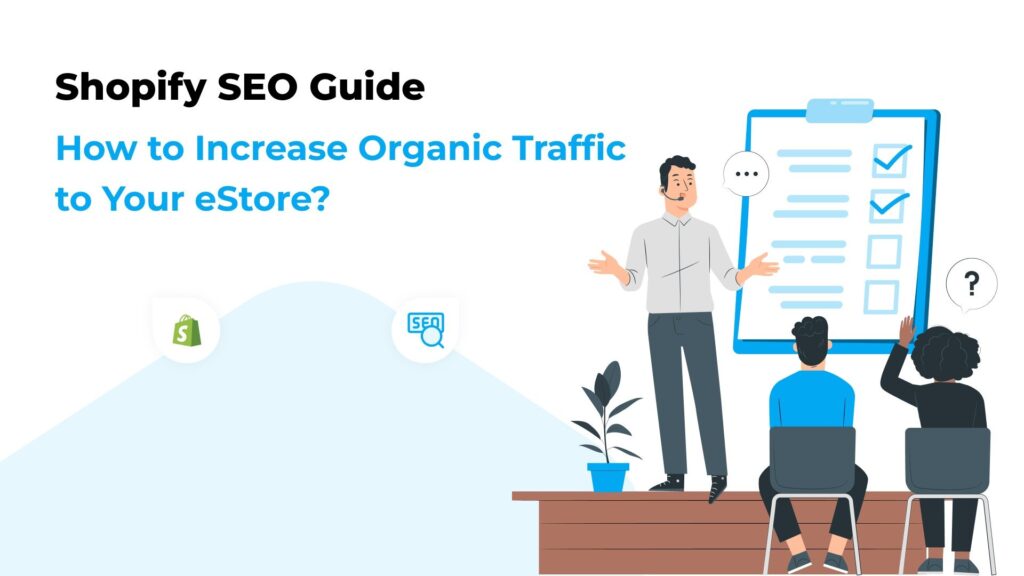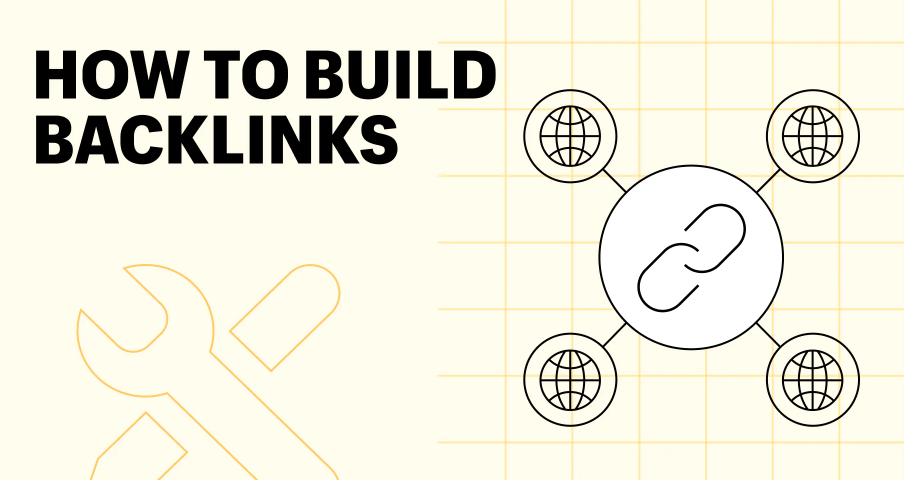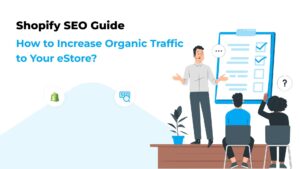Shopify SEO – A Guide to Generating Store Traffic

In today’s digital age, having an online presence is crucial for businesses to thrive. Shopify, one of the leading e-commerce platforms, offers incredible opportunities for entrepreneurs to establish and grow their online stores. However, simply setting up a Shopify store isn’t enough; you need to ensure it’s optimized for search engines to drive traffic and increase sales. This comprehensive guide will walk you through the essentials of Shopify SEO, helping you maximize visibility and attract potential customers.
Table of Contents
Before diving into the nitty-gritty of SEO tactics, it’s essential to grasp the fundamentals. Shopify SEO involves optimizing your online store to rank higher in search engine results pages (SERPs). By improving your store’s visibility, you increase the chances of attracting organic traffic and potential customers.
Keyword Research and Optimization
Keywords are the foundation of any successful SEO strategy. Conduct thorough keyword research to identify phrases and terms relevant to your products or niche. Once you’ve compiled a list of target keywords, strategically incorporate them into your product titles, descriptions, URLs, and meta tags.

Optimizing Product Pages
Each product page on your Shopify store should be meticulously optimized for maximum visibility. Ensure that product titles are descriptive and include relevant keywords. Craft compelling product descriptions that highlight unique selling points and benefits to entice potential buyers.
Creating Compelling Content
Content is king in the world of SEO. Regularly update your Shopify store with high-quality, relevant content that resonates with your target audience. Whether it’s blog posts, how-to guides, or product reviews, engaging content not only attracts visitors but also encourages them to explore your store further.
Utilizing Meta Tags
Meta tags play a crucial role in SEO service in company by providing search engines with valuable information about your store’s content. Optimize meta titles and descriptions with relevant keywords to improve click-through rates and overall visibility in SERPs.
Building High-Quality Backlinks
Backlinks from reputable websites are like votes of confidence for your Shopify store. Focus on acquiring backlinks from authoritative sources within your industry or niche. Guest blogging, influencer partnerships, and content collaborations are effective strategies for building quality backlinks.

Enhancing User Experience
A seamless user experience is essential for both visitors and search engines. Optimize your Shopify store’s navigation, page speed, and mobile responsiveness to provide users with a positive browsing experience. A user-friendly website not only keeps visitors engaged but also improves your search engine rankings.
Monitoring and Analyzing Performance
Regularly monitor and analyze your Shopify store’s SEO performance using tools like Google Analytics and Shopify’s built-in analytics. Track key metrics such as organic traffic, keyword rankings, and conversion rates to identify areas for improvement and optimization.
Mobile Optimization
With the increasing use of smartphones, mobile optimization is no longer optional—it’s a necessity. Ensure that your Shopify store is fully optimized for mobile devices to provide a seamless browsing experience for mobile users and improve your chances of ranking higher in mobile search results.
Social Media
Social media can be a powerful tool for driving traffic to your Shopify store and improving your SEO efforts. Share blog posts, and promotions on small business social media marketing platforms to reach a wider audience and increase brand visibility. Encourage social sharing and engagement to boost your store’s online presence.

Staying Updated with SEO Trends
SEO is constantly evolving, with new trends and algorithms emerging regularly. Stay informed about the latest SEO best practices, algorithm updates, and industry trends to adapt your Shopify SEO strategy accordingly. Continuous learning and adaptation are key to staying ahead of the competition in the ever-changing landscape of SEO.
Conclusion
Mastering Shopify SEO is essential for driving traffic and increasing sales on your online store. By understanding the principles of SEO, conducting thorough keyword research, optimizing product pages, creating compelling content, and staying updated with industry trends, you can position your Shopify store for success in the competitive world of e-commerce.
FAQs
What is Shopify SEO, and why is it important?
Shopify SEO refers to the process of optimizing your Shopify store to improve its visibility and ranking in search engine results. It’s crucial for attracting organic traffic and potential customers to your online store.
How can I perform keyword research for my Shopify store?
Keyword research involves identifying relevant phrases and terms that your target audience is likely to search for. Utilize tools like Google Keyword Planner, SEMrush, or Ahrefs to discover high-volume keywords related to your products or niche.
What are meta tags, and how do they impact SEO?
Meta tags are HTML elements that provide information about a web page to search engines. They include meta titles and meta descriptions, which appear in search engine results. Optimizing meta tags with relevant keywords can improve your store’s click-through rates and visibility in SERPs.
Why is mobile optimization important for Shopify SEO
? With the increasing use of smartphones for online shopping, ensuring that your Shopify store is optimized for mobile devices is crucial. Mobile optimization not only improves the user experience but also helps your store rank higher in mobile search results, as Google prioritizes mobile-friendly websites.
How often should I update my Shopify store’s content for SEO purposes?
Regularly updating your Shopify store with fresh, high-quality content is essential for SEO. Aim to publish new blog posts, product descriptions, or other content at least once a week to keep your store relevant and engaging for both visitors and search engines.








